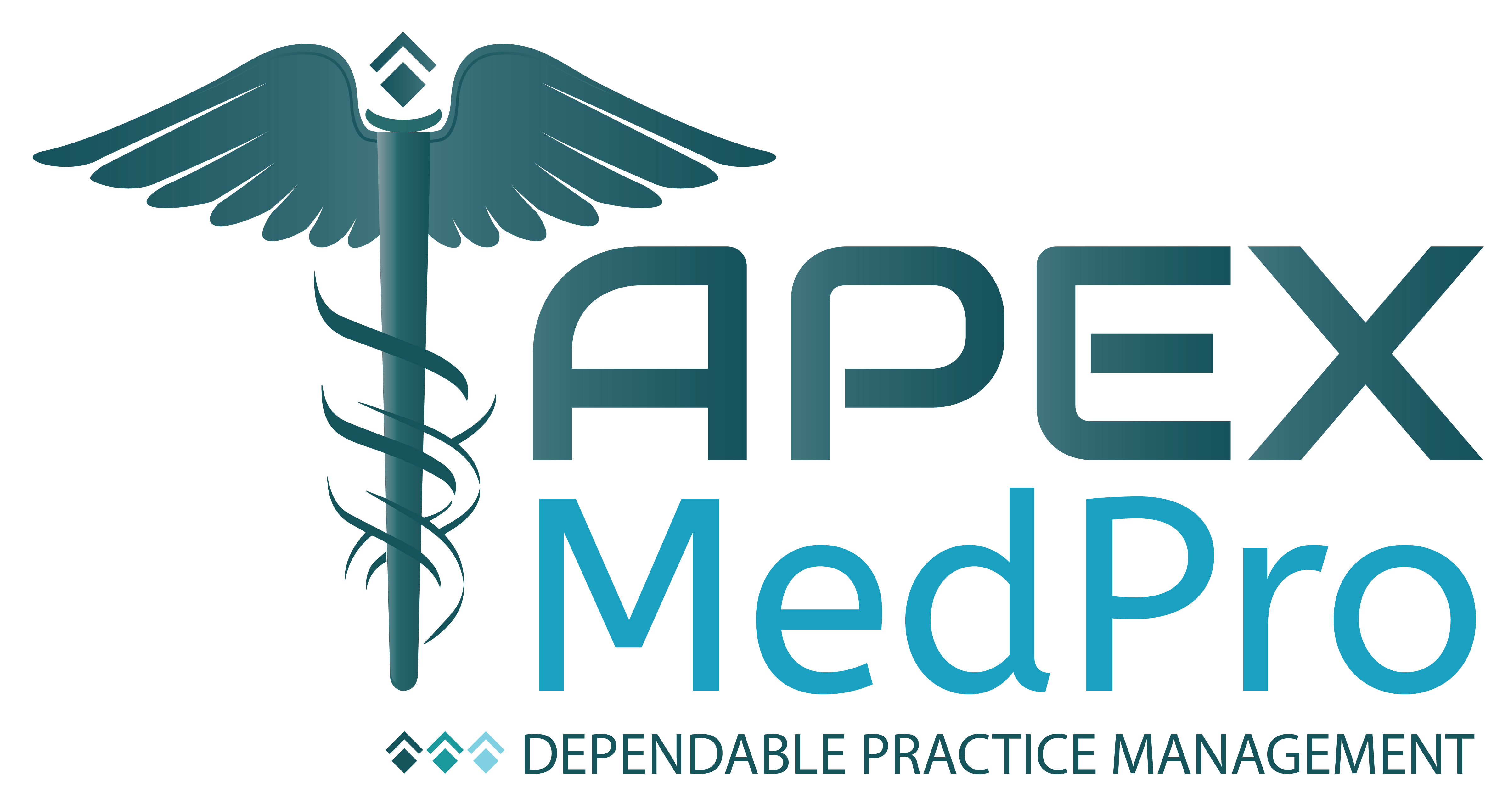It is prudent to plan ahead for the upcoming year in order to prepare for possible changes in how your medical practice receives payments. Regardless of whether a majority of your patients are on Medicare or only a portion, it’s imperative to keep up with government updates and regulations regarding healthcare coverage. As local demographics change, you may see more Medicare patients coming through your doors in the future. Maintaining a close eye on Medicare can be time-consuming when you already have a busy schedule. Here’s a look at proposed Medicare fee schedule changes that are expected in 2023.
Physician Fee Schedule Under Medicare
Medicare payments are issued according to the Physician Fee Schedule since 1992. Generally, Medicare pays medical professionals based on a complete set of resources they use to provide care. Doctors and other practitioners are only paid for a portion of their resources under the PFS, according to the US Centers for Medicare and Medicaid Services. As for other services, such as diagnostic tests, or procedures conducted at radiation treatment facilities, the suppliers typically handle the technical aspects of billing, while practitioners or physicians are usually responsible for billing the professional aspects.
Proposed Changes to Medicare Fees for 2023
Medicare issues updates and reports about its proposed changes to fees for doctors and other healthcare providers.
For next year: “With the budget neutrality adjustments required by law to ensure that Medicare spending does not change due to payment rates for individual services, with the required statutory update to the 0% conversion factor for FY 2023 and with the expiration of the 3% increase in PFS payments for FY 2022, the proposed CY 2023 PFS conversion factor is $33.08, a decrease of $1.53 from the CY 2022 PFS conversion factor of $34.61. There will not be any changes to split/shared E/M visits in the near future for doctors interested: “For CY 2023, we propose delaying the split (or shared) visits policy we finalized in CY 2022 for one year with a few exceptions for the definition of substantive portion, as more than half of the total time.”
Proposed Changes Examination in Medicare
According to CMS, the Medicare Shared Savings Program will be modified in a way that will allow ACOs (Accountable Care Organizations) to receive advanced payments, adjusting benchmarks accordingly in order to accommodate the lower revenue levels typically attributed to under-served populations. High-risk populations are traditionally under-served in terms of medical treatment, so this should help improve their health.
By delaying implementation of that definition until Jan. 1, 2024, the new Medicare proposals are also delaying the implementation of a “substantial portion” of a split (shared) service.
The proposal for pricing different drug components of treatment is still being worked on. As an example, Medicare will attempt to stabilize the methadone price in 2023 and will modify the payment rate for opioid treatment program non-drug components. Medicare is also recognizing the importance of providing comprehensive service to patients suffering from chronic pain. It is proposing new codes for chronic pain management and treatment services. If these codes are adopted, Medicare health providers will be able to offer more treatment to those experiencing heretofore, untreated, ongoing painful conditions.
For quires regarding Medicare Fee Schedule Changes in 2023, please do not hesitate to Contact Us.

